hp Heinz
“As a child I loved science because I was great at it and I really bragged about it. My bad attitude led to a ban from studying art at school at a very early age so instead, I went on to study biology at university for about a decade. My focus was on zoology, marine biology and conservation, followed by a detour into stem cell research with the team who made Dolly the sheep in Edinburgh. Inspired in part by the exhibit of Dolly at the National Museum, I trained as a taxidermist and used roadkill to create small mammals in fancy outfits. At the same time, I was focussing heavily on creative writing in an effort to counteract the effects of being forced to write in a very succinct, scientific manner for academia.”
“This remained my main form of expression until the pandemic hit and I lost my father to Covid whilst living alone in lockdown. In the aftermath of that trauma, I found myself unable to write and turned my attention to a project that I have been forming in my head for over twenty years. When I was fifteen my father bought me a subscription to New Scientist magazine and it has arrived on my doorstep every week since regardless of the city I lived in. I realized that at the end of this year it will stop and I wanted to use all of the images I have to create enormous collages that reflect the discussions that we had over the phone during lockdown about the things he thought his generation might have got wrong. As someone who helped create the digital infrastructure that underpins modern society, he worried about what the internet had unleashed, how it exacerbates existing inequalities and eventually wondered aloud whether the capitalists might be the bad guys. To create this project I spent the summer harvesting thousands of images from an eight-year archive, I then used science geek tendencies to categorize them, forming the basis for a whole series of large works which I hope to exhibit somewhere next year.”
Did you have any influential role models? If so, who?
“I have hundreds of creative role models but my current top three are Adam Curtis, his documentary series are just enormous collages and always frighteningly prescient. Grayson Perry for his championing of handmade crafts and the way that his art is incredibly accessible and a joy to look at. Lastly, Bridget Todd for her podcast There Are No Girls on the Internet.”
Do you think it's important for artists to be activists?
“I think it is important for everyone, not just artists, to be activists because there is no such thing as neutrality in a wildly unequal system.”
Any other interesting facts/information we should know about you?
“Other interesting facts include that I am a secret chess demon, I like to play blitz where both players only have 60 seconds in total. Next year I'm hoping to create an inclusive chess club in Brussels.”
‘Frankly My Dear’ collage by hp Heinz
‘Techtopia’ collage by hp Heinz






